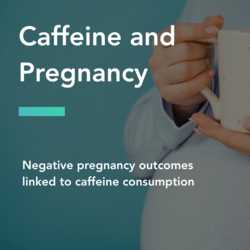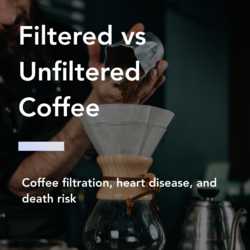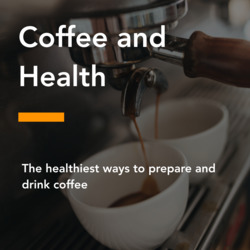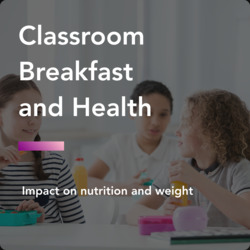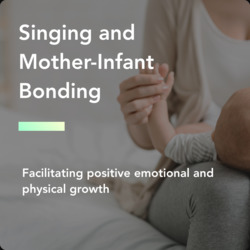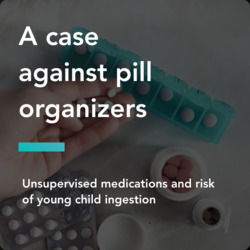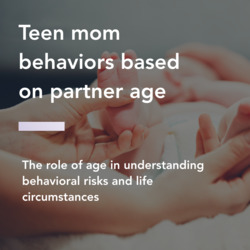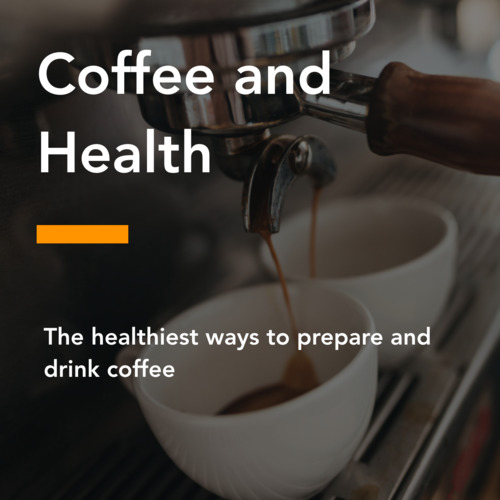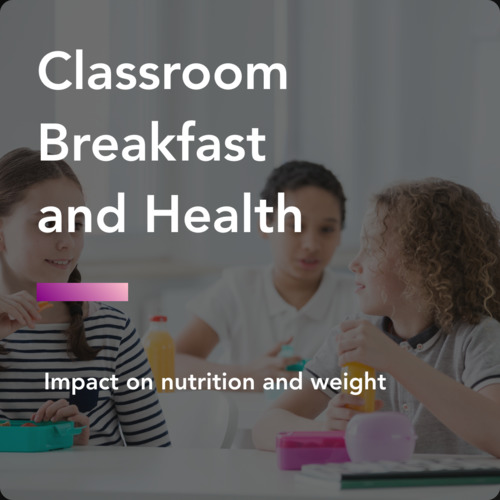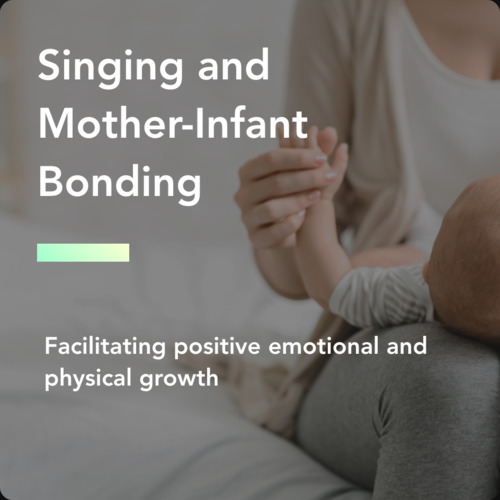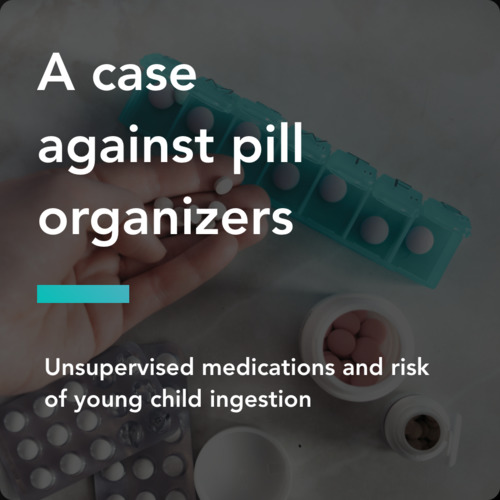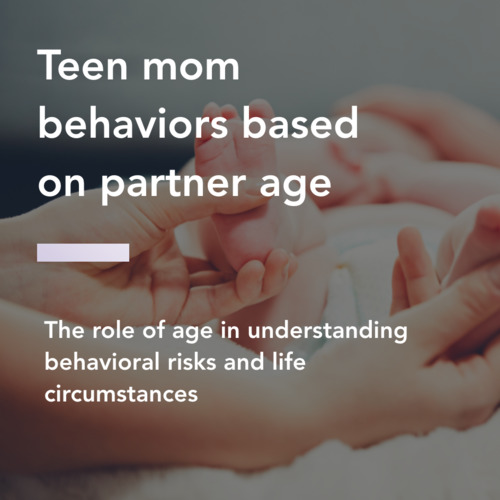School Breakfast & Obesity: Before and After

The federal government has subsidized breakfast in schools for lower income students since 1975. This program was designed to provide improve the health of lower income kids by giving them access to a nutritionally balanced breakfast.
Recently, the government has encouraged schools to provide breakfast in the classroom as a way to boost participation in this free breakfast program.
Researchers set out to see whether this very well-intentioned program actually improves the health of students.
Before the study began, students in the intervention and control groups both had similar levels of obesity at 21% and 22% respectively.
By the end of the study, students who received breakfast in the classroom had a significantly higher rate of obesity than students who did not.
Students in the intervention group had an obesity prevalence of 28%, a 33% increase, compared to students in the control group who had an obesity rate of 21%.
Study Design

Classrooms in Philadelphia were randomly assigned to a treatment group that received breakfast in the classroom along with nutrition education, or a control group that received no additional intervention.
Students assigned to receive breakfast in the classroom ate breakfast together at the start of the school day. Students in the control group could eat breakfast in the cafeteria, but most chose not to.
Researchers then followed the students over 2.5 years to see whether students who received free breakfast in the classroom had any differences in their health compared to students in the control group, who largely followed the status quo.
Source: Effect of a Breakfast in the Classroom Initiative on Obesity in Urban School-aged Children
Obesity Incidence with School Breakfast

Obesity incidence, which measures the number of newly obese kids in each group, showed an even more dramatic difference.
Nearly 12% of students in the classroom breakfast group developed obesity over the 2.5 years, compared to around 4% in the control students who did not receive classroom breakfast.
This difference was statistically significant, with an odds ratio of 2.17. This odds ratio means that students who were not obese had roughly twice the odds of developing obesity if they were selected to get breakfast in the classroom.
For a program designed to improve the health of kids, this result is surprising. However, as any parent may know, giving hungry kids more food and seeing obesity rates increase makes some sense.
Overweight Incidence with School Breakfast
Researchers looked at the combined incidence of newly overweight and obese kids as their primary outcome. Of note, while differences did appear, the combined incidence did not reach statistical significance.

Key Takeaways
This surprising result adds to a growing body of evidence showing that breakfast may not actually be the most important meal of the day. New diets such as intermittent fasting have shown that people can lose weight while skipping breakfast.
It also shows that forcing kids to eat breakfast may not be as helpful as we had thought.
On a larger level, this study demonstrates the importance of getting data on new interventions. Well-intentioned programs and initiatives can have unintended consequences that hurt the people we're trying to help, as this research demonstrates.
Conducting a research study, as expensive as it may be, is a good way to make sure that new program and initiatives are helpful in the real world and not just on paper.




